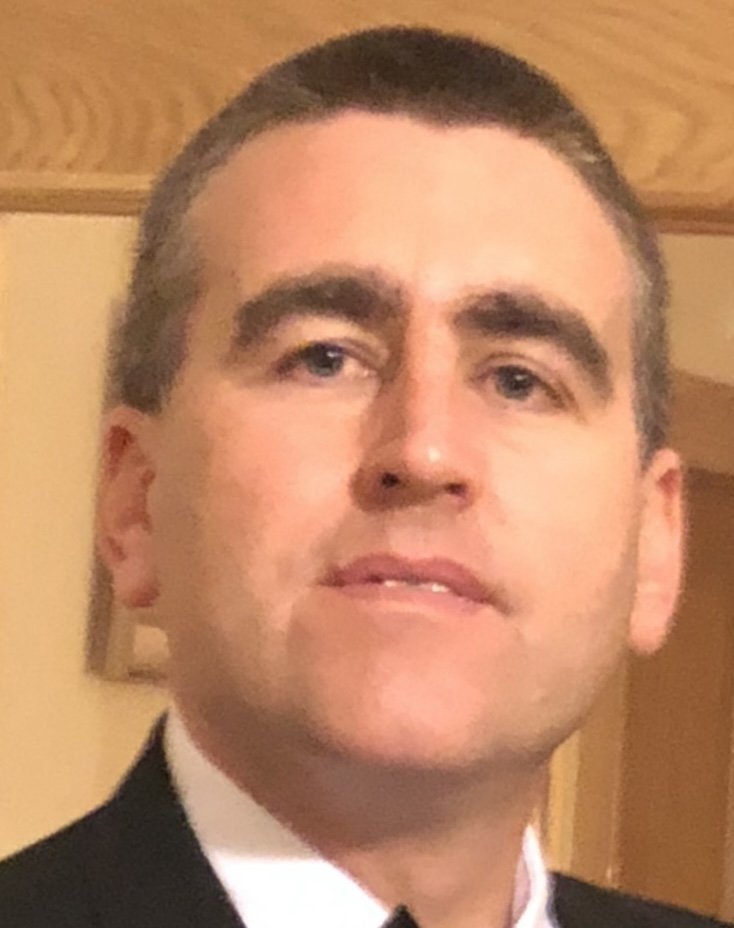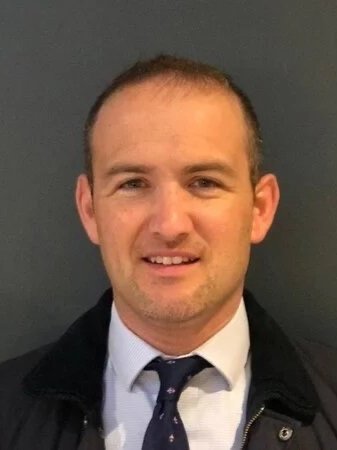GP Career Stories
Here are a selection of stories from GPs and GP Trainees working in Northern Ireland. You can use the drop down menu to filter results
Categories
- All GP Stories
- GP Academic Research Training Scheme (GPARTS)
- GP Improvement and Crisis Response Team
- GP Partner
- GP Trainer
- GP Training in Northern Ireland
- GP appraiser
- Induction and Refresher Scheme
- International Medical Graduate
- Lifestyle Medicine
- MSK Medicine
- Medical Education
- Medical Leadership
- Prison Medicine
- Private GP
- Rural GP
- Salaried GP
- Sessional GP

Laurence Dorman
I am the 4th generation of GPs in my family and growing up my Father’s practice joined onto his surgery. Watching him and witnessing his kindness made me want to become a GP.
Be inquisitive! As a locum I kept a book of “interesting patients” with their details (best done anonymously now) but it enabled me to look them up to see how their care developed and if some of my earlier decisions were accurate. Always look to improve on your networking! Previously, “networking” had a bad reputation but it is very important if you have particular interests you wish to pursue and want advice from other colleagues to help you with them.

Paul Molloy
I became a GP because I honestly liked a bit of everything but not too much of any one thing. I always liked the idea of practicing in my locality, where I grew up, with people I knew. I would say I’m a Derry man first and Irish second, so the idea of giving back to my community always appealed to me.
Throughout my early career in GP, I was always very interested in developing my clinical skills. I think it’s a good idea for the first 5 years as a GP to just focus on the job, getting to know your patients and the mechanics of the role.
I find students exhilarating. They make you think about your own day to day practice and keep you on your toes.

Richard Kirk
Richard shares his experience of balancing partnership and his role as a Clinical Director in Prison Healthcare. He shares his experiences of looking after people who struggle to access care and how his role in clinical leadership has opened doors nationally and internationally.